Contact
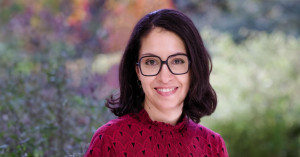
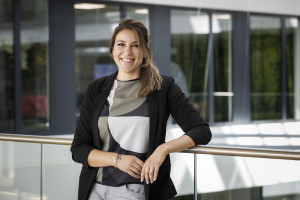
Dr Saskia Venne completed her doctorate at ISAS from 2012 to 2016. Today she is a team leader at Boehringer Ingelheim Pharma. In this interview, she is the first to provides an insight into the valuable connections in- and outside the institute that current and former ISAS researchers will be reporting on in ISAS Kompakt over the coming weeks.
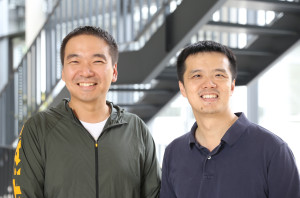
The potential applications of artificial intelligence in healthcare are constantly increasing. However, with ever better and faster models, the question of sustainability is also coming to the fore. A group of international researchers, including Dr Jianxu Chen from ISAS's AMBIOM group, has been looking into the increased consumption of resources and possible solutions to the impending sustainability problem.
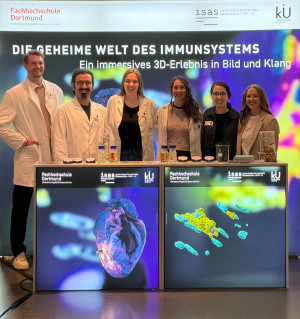
Diving into the smallest structures of the heart via microscope images? This was possible at the first Dortmund Science Night. "The secret world of the immune system", the immersive 3D experience by storyLab kiU at Fachhochschule Dortmund University of Applied Sciences and Arts and ISAS, gave visitors the chance to experience immune cells up close after a heart attack.
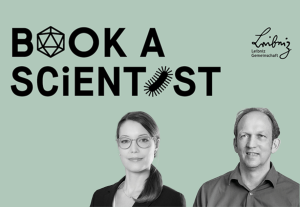
The format "Book a Scientist" offers those interested in science the opportunity to book individual appointments with researchers within the Leibniz Association. Among them are two ISAS researchers. Their topics are "overzealous" immune cells after a heart attack and animal experiments and their alternatives.
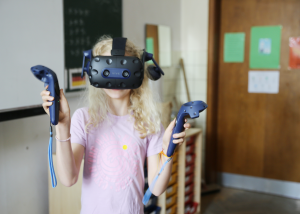
What actually is reality? How do we perceive our environment? And how can augmented reality support researchers in their work? Along with class 3a of the Don Bosco elementary school in Bochum, two ISAS researchers explored these questions.
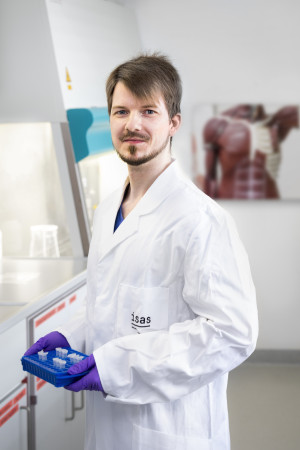
Two mutations in the genetic material of a boy lead to the rare neuromuscular disease NEDHFBA. Investigations of the young patient's samples by researchers at Essen University Hospital and ISAS shed light on the previously unrecognized mechanisms behind the symptoms: Proteins influence the development of the rare disease.
